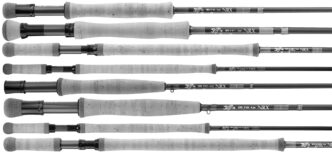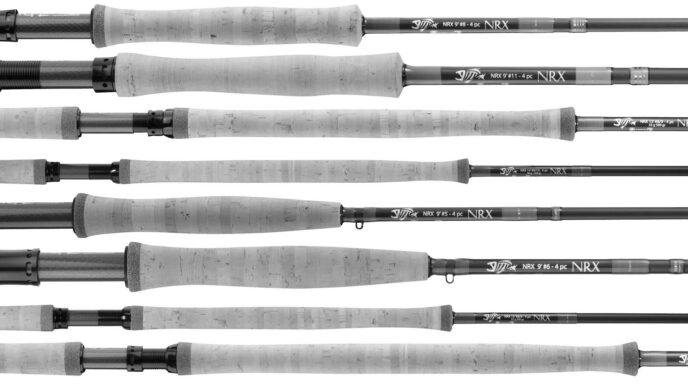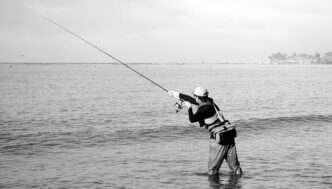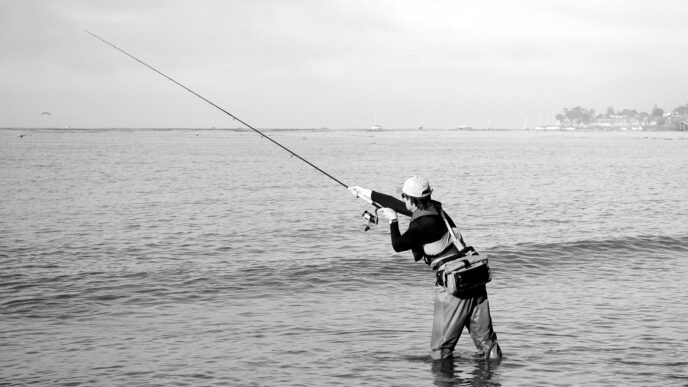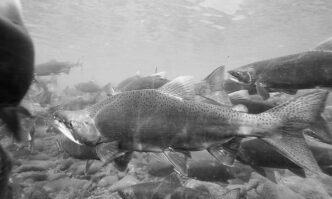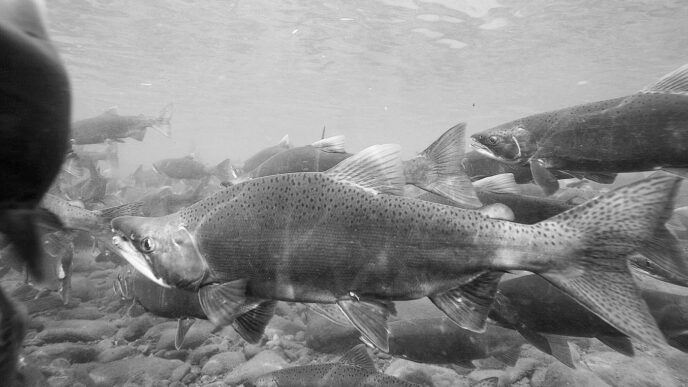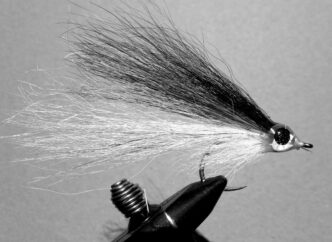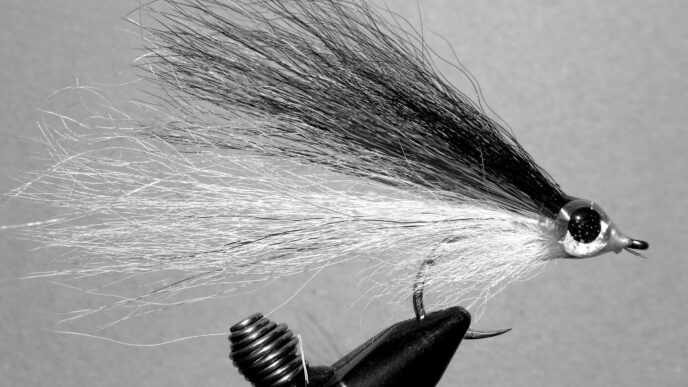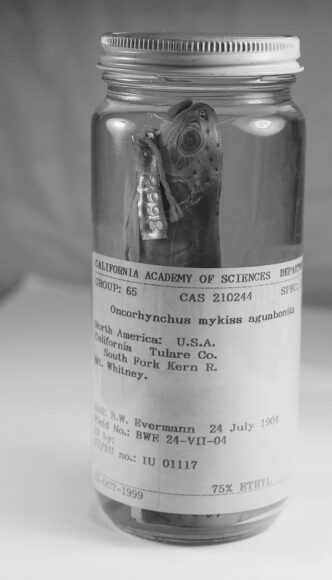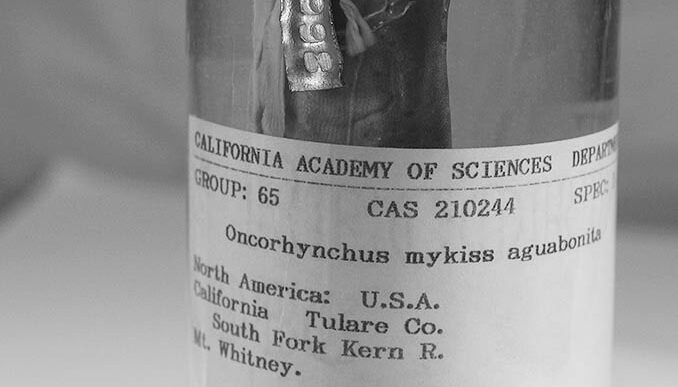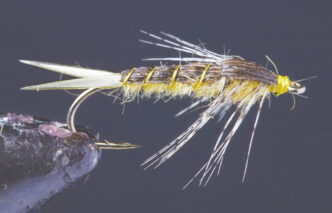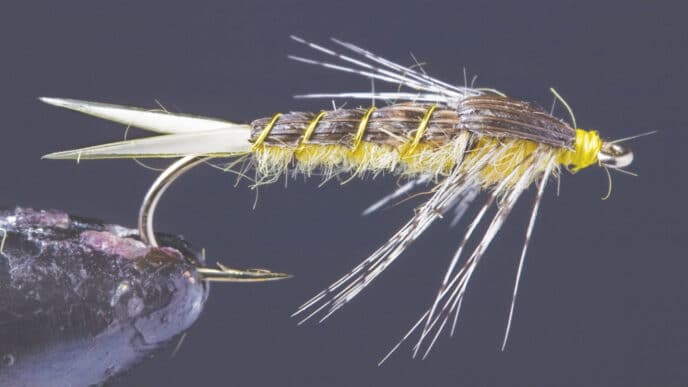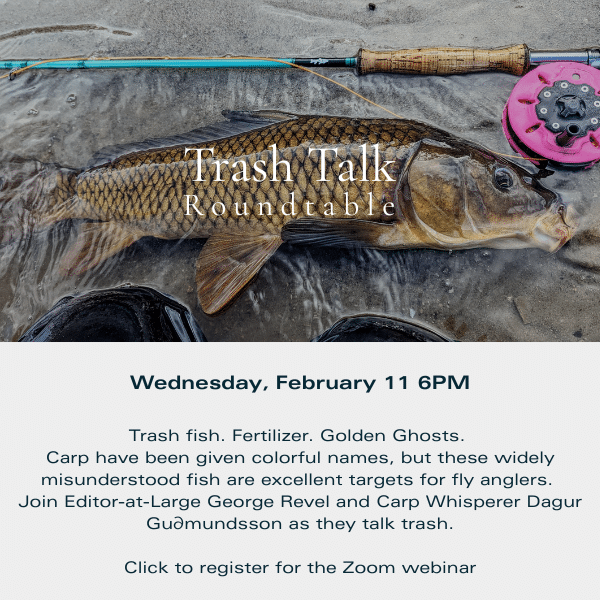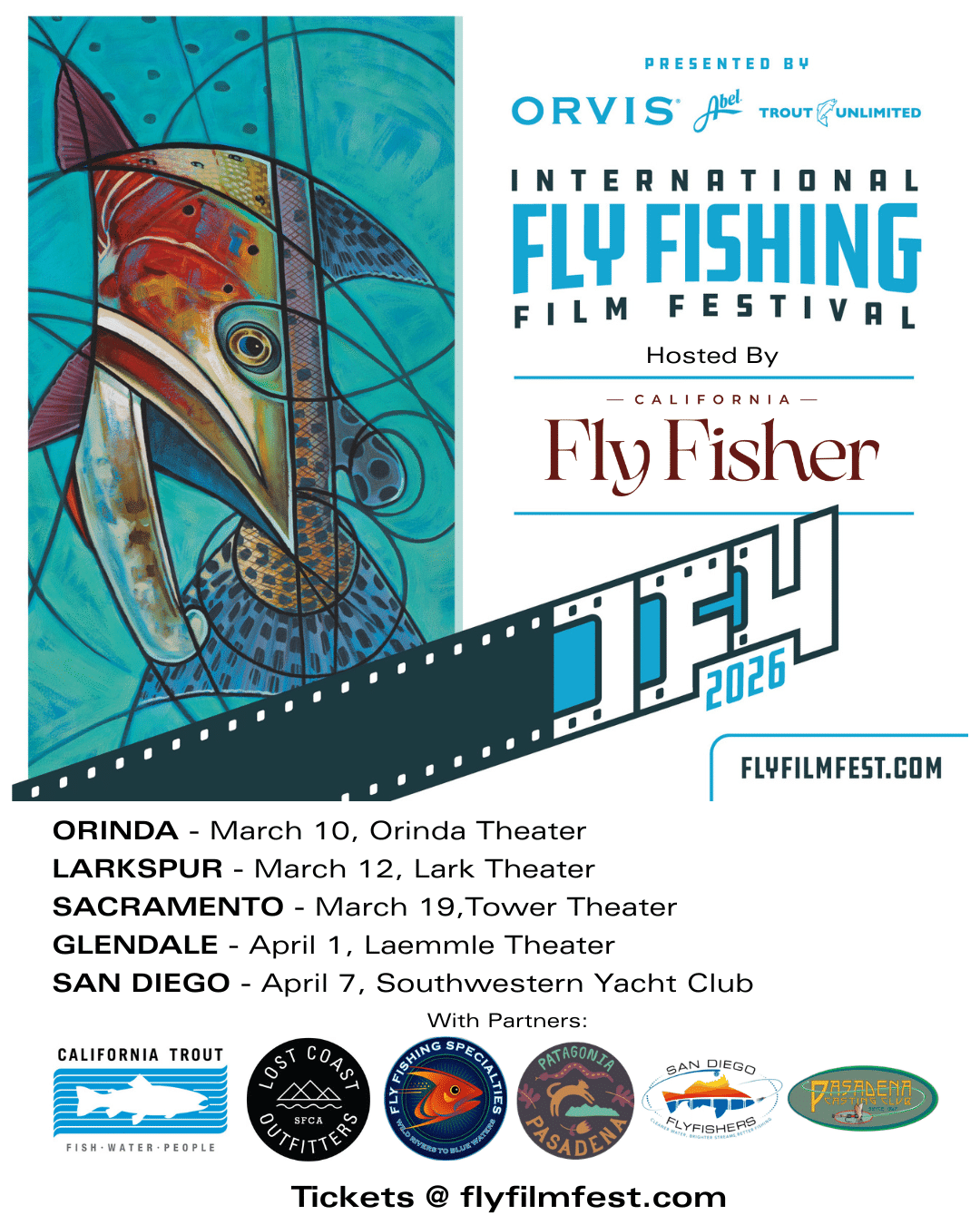I’m sure you have heard this question, too. It’s usually spoken with a tone of disbelief. “How could you drive all that way, spend all that time, money, and effort, only to throw them back?” My usual response has been that I do it for the sport. In some cases, I have gotten grief from people who see it as torturing fish for the mere fun of it. “And then you pull them out of the water for a picture? Isn’t that like you running a marathon and then I plunge your head under the water as you cross the finish line?”
This mental image and the questioning has caused me to give some thought to what I am getting from fishing — now, exclusively catch-and-release fly fishing. Maybe you have, too. I didn’t start out releasing the fish I caught. I began fishing when I was six years old. It was done as a family endeavor on the docks of San Francisco Bay. It somehow resonated with my soul. That stringer of fish was my trophy. After my picture with the fish was taken, my mother cooked them for supper.
I transitioned to trout fishing in the early 1950s at Lake Merced in San Francisco. To get there, on most summer days well through my teens, I would pedal my balloon-tire Schwinn with my tackle bag attached. Then on to striped bass fishing with Hopkins lures in the surf, chasing the birds. The phrase “The birds are working” would cause me to drop whatever I was doing and grab my Harnell rod, Penn Squidder reel, and chest-high boot-foot waders and head to the beach in my ’55 Chevy. There was no thought about hats, sunscreen, or sunglasses. The rod was sticking out of the side window. The presence of birds usually meant that a school of stripers was in casting range as they pushed a huge ball of anchovies in to the shore. In those days, my friends and I kept what we caught, up to the legal limit, of course. Releasing the fish over the limit was my introduction to catch-and-release fishing, admittedly on a small scale and not by preference.
I didn’t start fly fishing until well into my thirties. My first rod was a fiberglass Fenwick 5-weight, and I kept and ate what I caught back then. My move to catch-and-release fishing initially was because our freezer was full. I never thought about why I liked to fish as I moved toward the catch-and-release ethic. But recently, I have come up with some answers for myself.
The primary factor is that I find great enjoyment in being out in nature. It is a religious experience for me. The sheer beauty of the natural world is uplifting and brightens my mood. This human connection to nature seems to be universal, and it must be why releasing the fish I catch doesn’t reduce my fishing enjoyment. It increases it. Seeing a fish, especially a wild fish, swim away to reconnect with its environment brings me tremendous joy. I highly recommend Emerson’s essay “Nature.” You can read it online by searching for “Nature by Ralph Waldo Emerson.” I also enjoy planning for a fishing trip. Being sure that I have anticipated the needs for an upcoming outing and determining how to meet them gives me a sense of accomplishment. Where am I going and what will I need to know — tides, stream flows, weather forecast, and water clarity? What techniques might work, and what tackle will I need — lines, leaders, tippets, flies, and shot? Plus, there is dealing with the dangers associated with fish-
ing. This usually involves wading and hiking, but also coping with the weather and wild creatures. A safe conclusion to the fishing day is cause for some celebration. And, being tired at the end of the day is relaxing — it’s an honest tired, to be sure.
Being in nature is also a great life-perspective experience. It clearly reinforces the message that I am not at the center of the universe. “Don’t take yourself that seriously, Phil. Look at all the wonder around you, which will still be there long after you are gone.” And no matter how important the position we might hold, in the eyes of a fish, we are all equal.
Fishing teaches other life lessons. Is there a better way to learn about humility and handling human failure? Certainly not one where the setting is as serene. And what about gaining appreciation for the benefits of patience and tenacity mixed with hope? The next cast will be the one that brings the big fish. This is why it is so hard for me to reel up and quit at the end of the day. When fishing, I often say that this will be the last cast, only to cut a new deal with myself.
All this would be fine, but somehow lacking, if I didn’t have some success in the “catching” part of this endeavor. This feeds my need for a sense of competence. For me, the hunt also fulfills a primitive urge. This experience is often enhanced by the company of a compatible friend or two.
Finally, I find fishing to induce a meditative state. This is especially true in steelhead fishing, with its repetitive motions. It is cast, mend, swing, take two steps downstream, retrieve, and cast again, all done with the sights and sounds of the river and the tug of the current transporting me to Nirvana. But no matter where I am fishing, all my worldly cares are forgotten. Now when someone expresses disbelief at my torturing and then releasing my catch, I say, “I’m performing a piscatorial service. I’m educating the fish so that they will be harder to catch. The next person might want to kill them, instead.”



